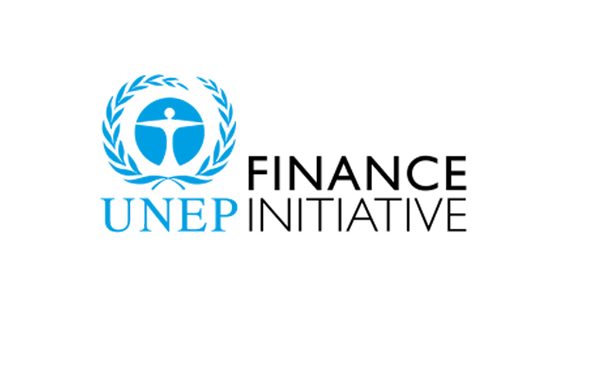Third Edition of Guidance for Climate Target Setting
The Net Zero Banking Alliance (NZBA) releases its third edition of guidance for climate target setting, aimed at helping members in setting climate goals.
The Net Zero Banking Alliance released the first version of guidance in 2021 and the second version in 2024. The third edition of the guidance will be reviewed at least every three years.
Related Post: Net Zero Banking Alliance Releases New Guidelines for Climate Target Setting
Introduction to Third Edition of Guidance for Climate Target Setting
In terms of principles for setting climate targets, the third edition of the guidance relaxed the requirement for a 1.5-degree Celsius warming target in the second edition and adjusted it to a 2-degree Celsius warming target. The principles for setting climate goals in the third edition of the guidance include:
- Ambition: Climate goals need to be aligned with the Paris Agreement, based on science, and support the global net zero transition. The specific plan includes limiting global warming to 2 degrees Celsius and striving to achieve the target of 1.5 degrees Celsius.
- Scope: Banks can set separate targets for loans, investments, and capital market activities, covering Scope 1, Scope 2, and most of Scope 3 carbon emissions. The scope will gradually expand with better data quality and information disclosure.
- Targets: Banks can set climate goals for 2030 and 2050, and set mid-term targets at least every five years, while providing action plans to achieve the goals.
- Impact in the real economy: Climate targets should focus on the impact on the economy.
- Governance: Climate targets require approval from bank management and review by governing bodies.
- Independence: All climate goals and their actions need to be set and accomplished separately.
- Implementation: Members can set the first round of targets within 18 months of joining the Net Zero Banking Alliance and set other climate targets in the following 18 months.
- Review dates: All climate targets must be reviewed at least every five years.
- Reporting: Banks are required to publicly disclose their climate goals and progress on an annual basis.
In terms of recommendations for setting climate goals, the content of the third edition guidance is like that of the second edition guidance. These recommendations include:
- Set and disclose separate mid-term and long-term climate goals to support net zero emissions and align with the Paris Agreement: Banks should set mid-term goals for 2030 and long-term goals for 2050, covering Scope 1, Scope 2, and Scope 3 carbon emissions. Banks also need to disclose climate target benchmarks, methods, and specific action plans.
- Establish a carbon emission baseline scenario, measure and disclose the carbon emissions of its loans, investments, and capital market activities annually: Banks should disclose their absolute carbon emissions and carbon emission intensity annually, as well as their asset categories, industry scope, specific measurement methods, and carbon emission indicators.
- Use science based decarbonization scenarios to set long-term and medium-term climate goals: Banks should disclose the name, date, and source of the scenario analysis, as well as key assumptions, and set climate goals based on the scenario analysis. Banks can choose different types of climate scenarios based on the characteristics of different businesses.
- Regularly review goals to align with current climate science developments: Banks should review climate goals at least every five years, revise material changes, and ensure consistency with scientific research such as the Intergovernmental Panel on Climate Change (IPCC).
The Net Zero Banking Alliance encourages its members to use the third edition guidance, and members can also evaluate the contents of the guidance based on their own circumstances.
Reference:
Guidance for Climate Target Setting for Banks Version 3
Contact:todayesg@gmail.com








